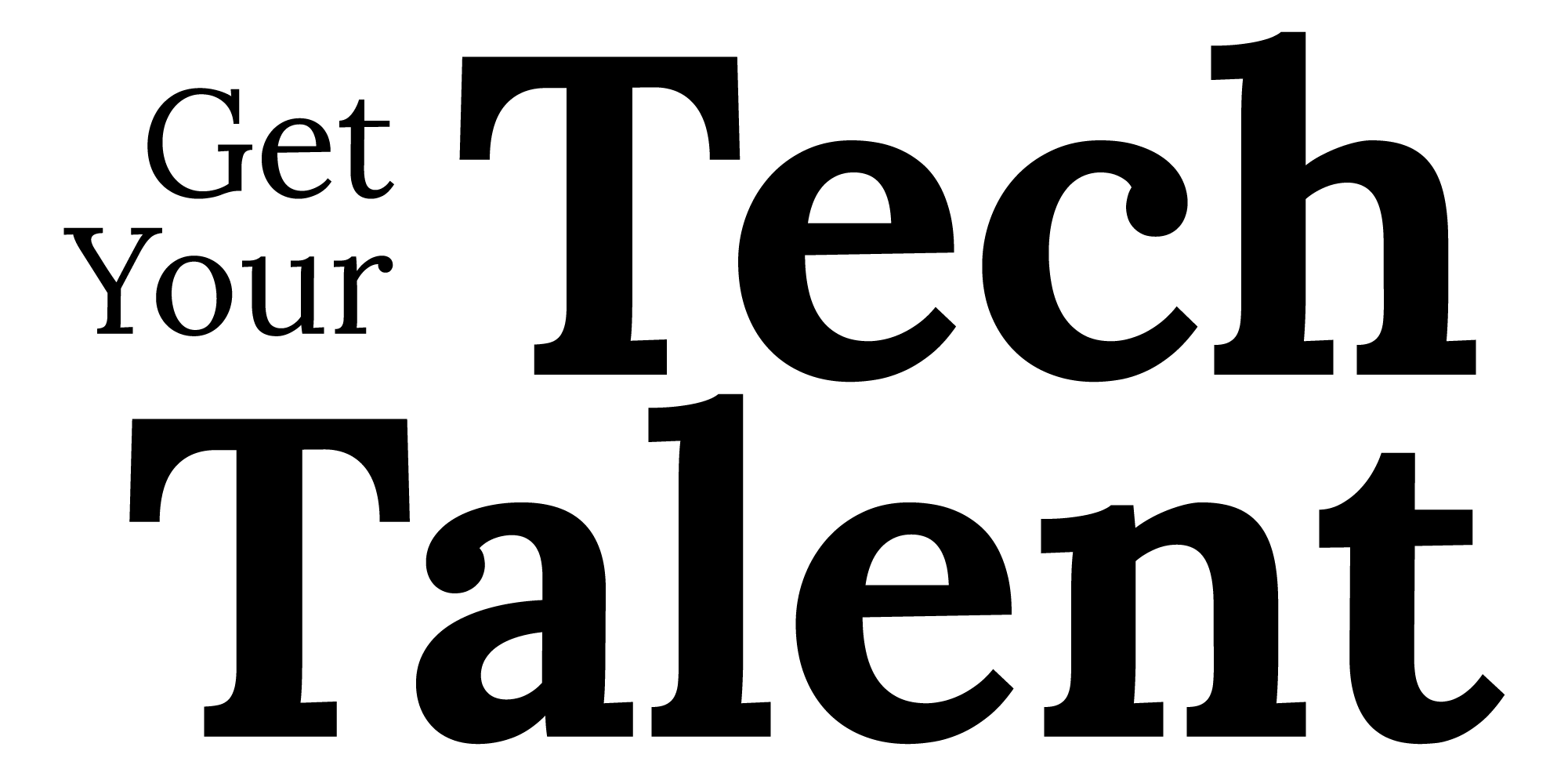AI in workplace - benefits and threats
- Izabela Nagraba
- Jun 5, 2023
- 3 min read
The emergence of ground-breaking tools like ChatGPT positively shocked the world, captivating people with its sheer brilliance. However, the initial wave of enthusiasm was accompanied by the spectre of potential threats, a concern echoed by notable experts such as Elon Musk, Yoshua Bengio or Ryan Carey. Despite these reservations, many remain steadfast in their belief that AI is not a threat only, but rather a transformative tool poised to enhance human endeavors, particularly those of specialists.
So, what are the principal perils that AI could unleash upon the workplace?
First and foremost, there is the issue of data security. Numerous experts concur that artificial intelligence poses a threat not only in the wrong hands but also among unsuspecting users. Recently, Apple cautioned its employees against unchecked usage of AI, as inadvertently divulging sensitive information in the course of their work could potentially feed tools like ChatGPT, raising concerns about the confidentiality of such data and its potential applications. Even Sam Altman, the co-founder of OpenAI, strongly advises implementing control measures when employing ChatGPT for basic or advanced tasks. Consequently, esteemed entities like JPMorgan have imposed restrictions on ChatGPT's use within their workplaces. It's not just companies that fret over safeguarding confidential data; entire governments, such as Italy, have suspended ChatGPT until clarifications regarding policies like GDPR are provided. Moreover, officials in certain French districts are prohibited from using ChatGPT both at work and beyond.
Secondly, there is the issue of discrimination and biases. Language models, like ChatGPT, learn from vast amounts of textual data, which can inadvertently contain societal prejudices pertaining to race, gender, or psychosexual orientation. If these biases are not addressed, the tool may inadvertently produce biassed or discriminatory responses. While many companies strive to combat discrimination, AI tools can inadvertently perpetuate it due to the inherent "nature" of their training data.
Thirdly, relying excessively on AI tools for decision-making or critical tasks can lead to an unhealthy dependence on technology. Striking a balance and ensuring human supervision are crucial to guarantee the accuracy and reliability of the tool's outputs. Furthermore, relying solely on AI hampers long-term creativity and productivity. By relinquishing the responsibility of independent thinking and problem-solving to AI, individuals forgo the opportunity to actively seek innovative solutions through constructive and creative thought processes.
But let's look at the bright side of life. AI tools cannot be a threat only, AI tools are indisputably a huge help in everyday work.
Since ChatGPT's introduction, it has paved the way for over 100 startups harnessing its capabilities, significantly enhancing and streamlining the work of countless individuals. AI tools notably impact task completion time by offering optimal solutions, often saving hours of labour. They also revolutionise customer support, enabling fatigued and overwhelmed staff to rely on AI in their daily interactions with a multitude of clients. AI-powered chat tools adeptly handle multiple conversations simultaneously, facilitating scalability without necessitating additional human resources. This proves particularly invaluable during peak periods or when confronting a high volume of inquiries.
Automation and the alleviation of repetitive tasks represent another boon of ChatGPT. By automating laborious and time-consuming responsibilities such as data entry, information retrieval, or scheduling, employees can redirect their efforts towards strategic and high-value activities. This, in turn, boosts productivity and efficiency within organisations.
Learning and knowledge sharing also flourish with ChatGPT. Serving as a vast repository of knowledge, it grants employees swift access to a world of information and resources. It aids individuals in quickly finding relevant information to support their daily work and learning from previous interactions, fostering a culture of knowledge exchange among colleagues.
Furthermore, ChatGPT transcends language barriers in international organisations or teams with diverse linguistic backgrounds. It surpasses existing translation tools by not only providing
Time will tell what AI tools like ChatGPT will bring us in the near future.


Comments